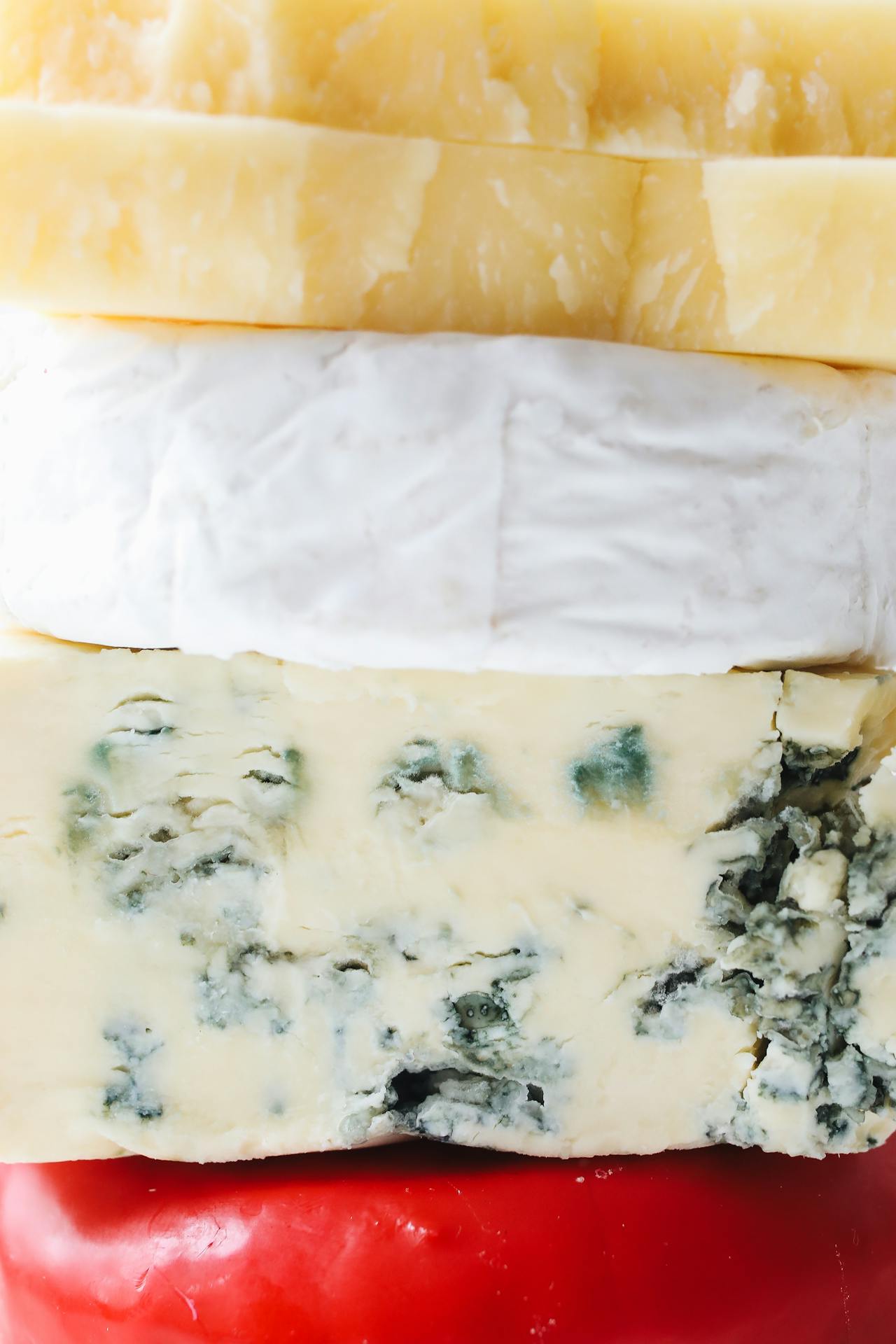Calories in MANDARINS IN GEL
Serving Size: 1 CONTAINER (123.0g)
Amount Per Serving
- Calories 99.6
- Total Fat 0.0 g
- Saturated Fat 0.0 g
- Cholesterol 0.0 mg
- Sodium 55.4 mg
- Potassium 29.5 mg
- Total Carbohydrate 24.0 g
- Dietary Fiber 1.0 g
- Sugars 22.0 g
- Protein 0.0 g
- Vitamin A 300.1 IU
- Vitamin B-12 0.0 µg
- Vitamin B-6 0.0 mg
- Vitamin C 15.0 mg
- Vitamin D 0.0 IU
- Vitamin E 0.0 mg
- Calcium 0.0 mg
- Copper 0.0 mg
- Folate 0.0 µg
- Iron 0.0 mg
- Magnesium 0.0 mg
- Manganese 0.0 mg
- Niacin 0.0 mg
- Pantothenic Acid 0.0 mg
- Phosphorus 0.0 mg
- Riboflavin 0.0 mg
- Thiamin 0.0 mg
- Zinc 0.0 mg
Note: The nutrition information for this food comes from the USDA Food Central Database. The data from the USDA is generally pretty accurate. However, please use the data on this page at your own risk. Daily values are based on a 2,000 calorie per day diet put forth by the FDA. Actual daily nutrient requirements may be different based on your gender, age, level of physical activity, medical issues and other factors.
